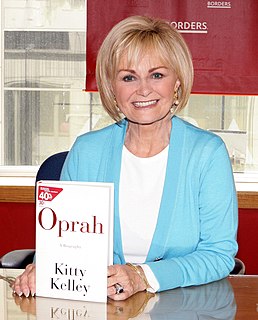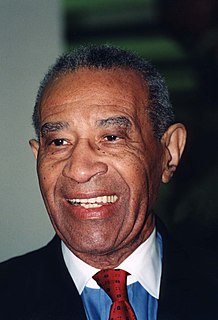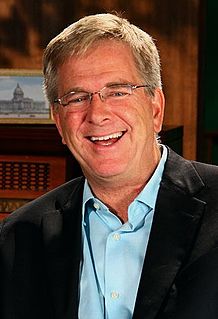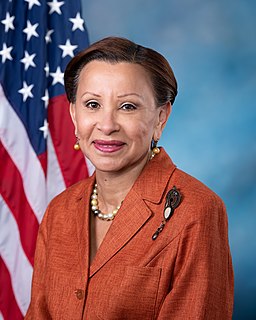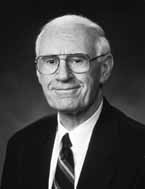A Quote by Samuel R. Delany
How we treat our invalids - our mad, our physically or mentally compromised family members - does tell you something about who we are politically, historically, culturally.
Related Quotes
Like our physical bodies, our memory becomes out of shape. As children, we are constantly learning new experiences, but by the time we reach our 20s, we start to lead a more sedentary life both mentally and physically. Our lives become routine, and we stop challenging our brains, and our memory starts to suffer.
Nobody escapes being wounded. We are all wounded people, whether physically, emotionally, mentally, or spiritually. The main question is not, 'How can we hide our wounds?' so we don't have to be embarrassed, but 'How can we put our woundedness in the service of others?' When our wounds cease to be a source of shame, and become a source of healing, we have become wounded healers.
I put a lot of emphasis on how to treat people. The reason for this is simple. The real success of our personal lives and careers can best be measured by the relationships we have with the people most dear to us - our family, friends, and coworkers. If we fail in this aspect of our lives, no matter how vast our worldly possessions or how high on the corporate ladder we climb, we will have achieved very little.
If we are too busy, if we are carried away every day by our projects, our uncertainty, our craving, how can we have the time to stop and look deeply into the situation-our own situation, the situation of our beloved one, the situation of our family and of our community, and the situation of our nation and of the other nations?
Perception, after all, is not simply a matter of what you believe about yourself, it all encompasses what others think about you, and what has been thought of you historically. I say we can pay attention to those other dimensions of our identity - class, gender, sexual orientation, geographical region - while at the same time understanding how our historically produced racial identity continues to serve, or undercut us.



